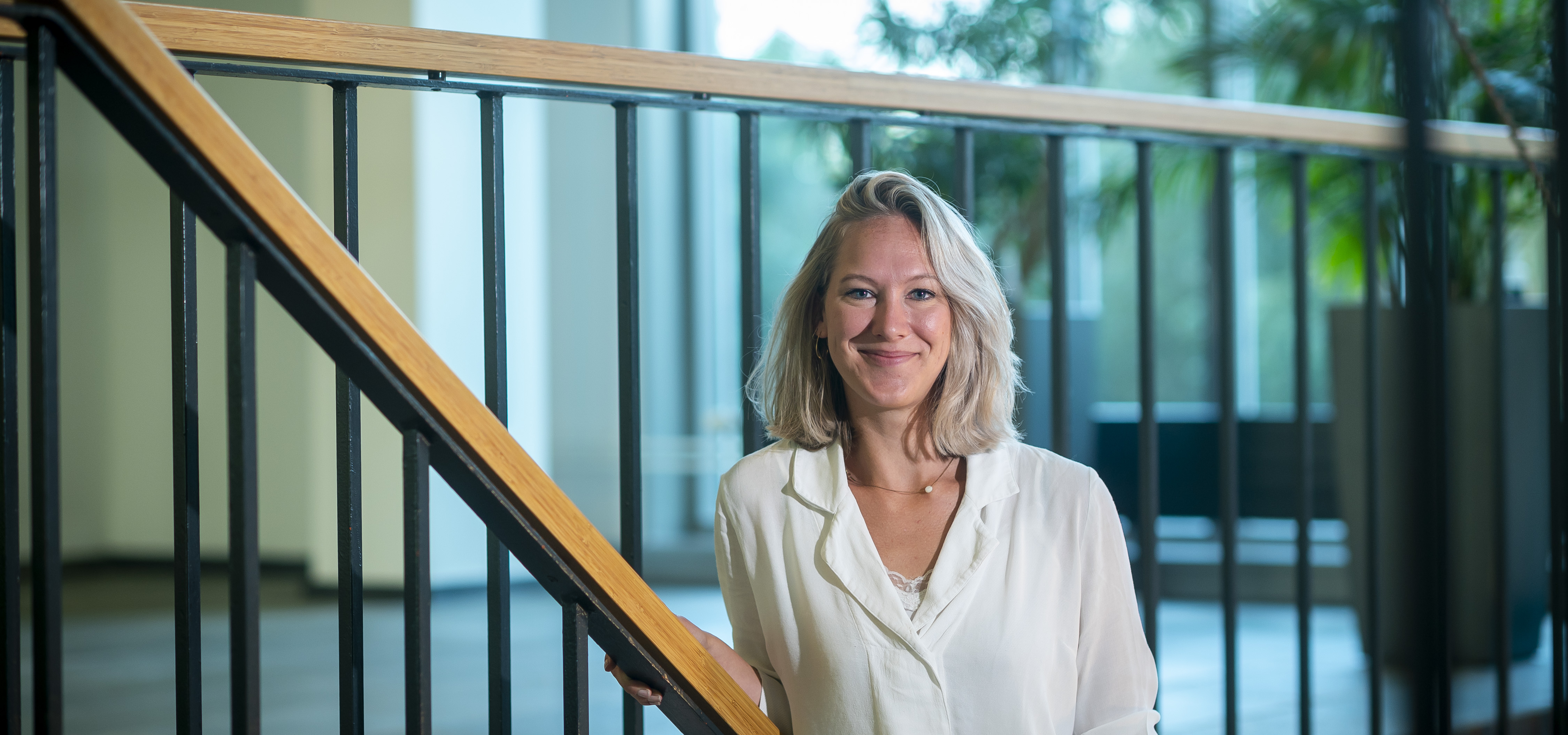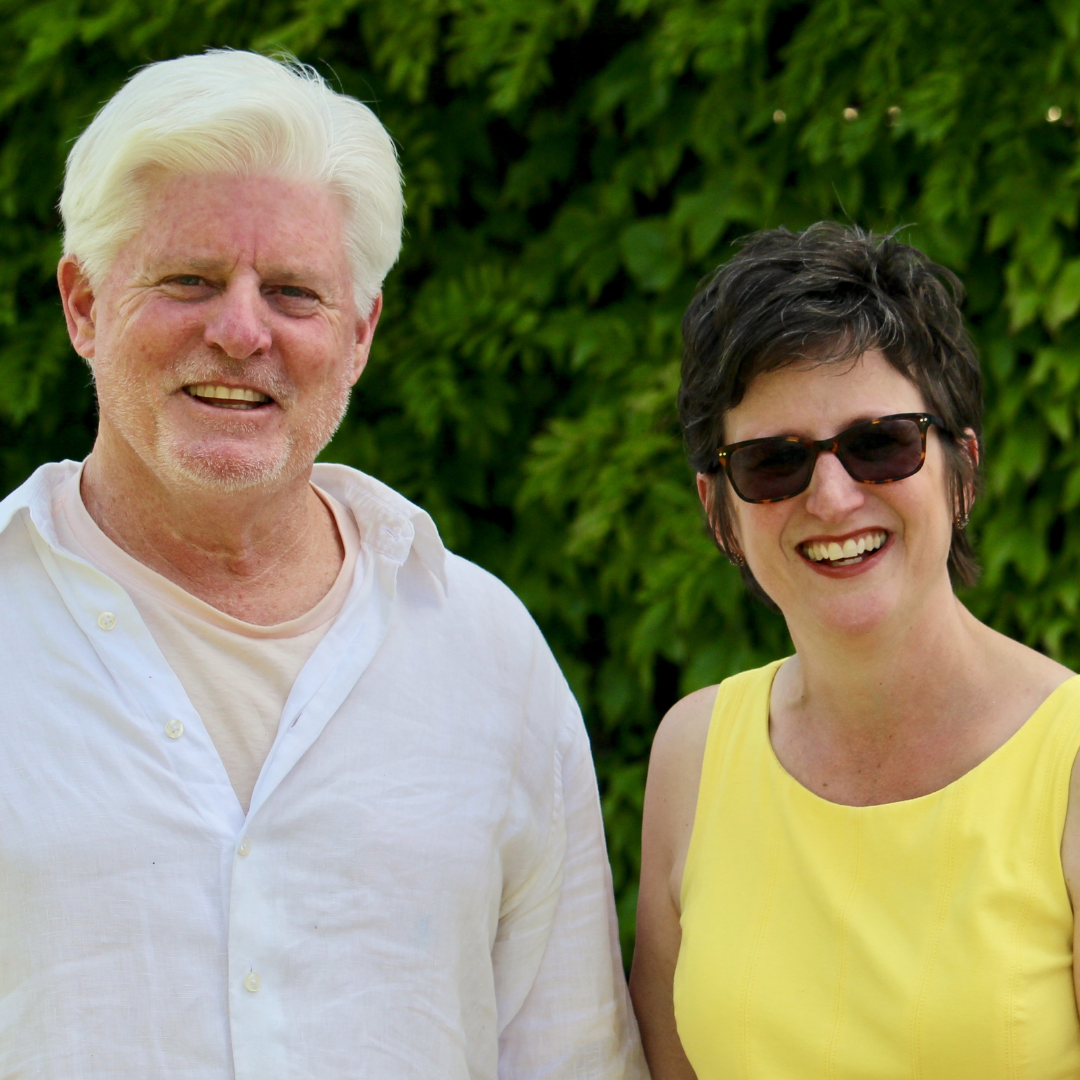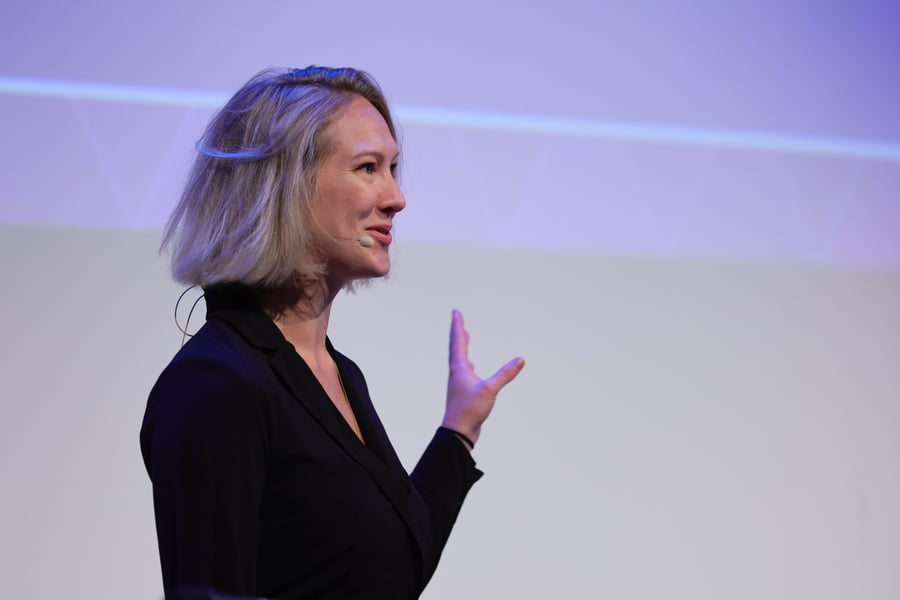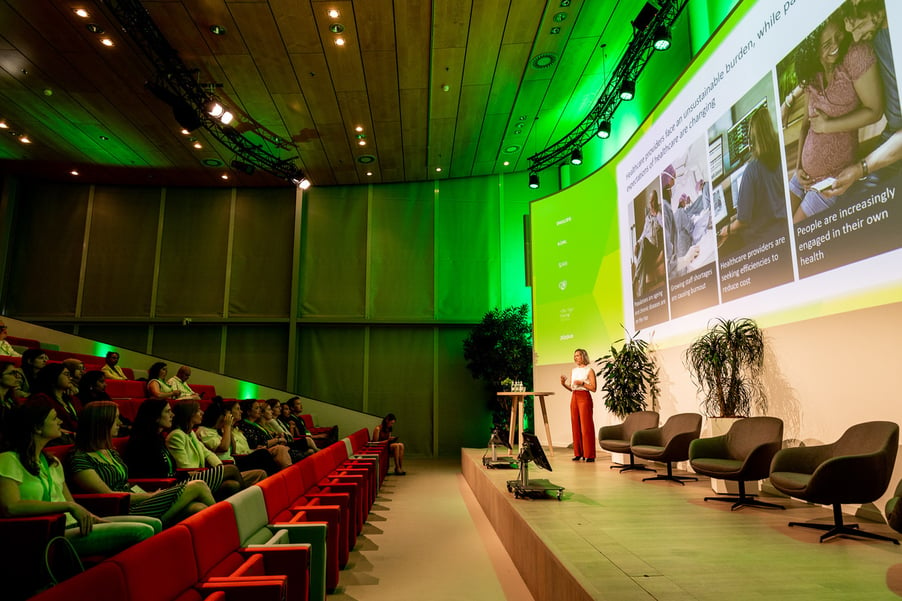


Whether in a boardroom or on stage, Ymke de Jong is leading the charge to accelerate digital transformation in healthcare leveraging data and AI technology. She has made it her mission to leverage advanced, data-driven solutions to solve acute societal issues, but she is the first to acknowledge these technologies have to be incorporated responsibly and appropriately.
In her current role as Technical Program Manager and Partnerships Lead at the Philips Data&AI Center of Excellence, she is a big proponent of working together in multi-disciplinary teams to solve these global challenges. It is also why she’s become an advocate and public speaker, taking the stage at last year’s AI Summit Brainport and Women in Data Science. We sat down with her to talk about her vision of the future of data.
How does your background in Biomedical engineering and data help you in solving the challenges in healthcare?
Currently, healthcare presents considerable challenges. We are experiencing a substantial increase in the patient count, staffing deficiencies and escalating expenses. At the same time, the amount of healthcare data is growing every day. We can potentially solve pressing healthcare challenges leveraging this growing amount of data by turning data into insights using technologies like data science and AI. Nevertheless, when examining the execution of AI technology, it’s evident the healthcare domain is lagging behind and impact is still limited at scale.
Data science and AI are frequently portrayed as technical fields, but especially in healthcare, they encompass a multidisciplinary expertise. It's not only about the perfect algorithm. It needs to be implemented, adopted, trusted and embraced by the people who will potentially use it, such as patients and healthcare providers. It also has to be used in a sustainable, responsible and compliant way. Many dimensions need to be considered. So, how can we make the step from cutting edge technology to implementation and positive impact in society?
This is such a new thing, so what is your role like at Philips?
I have been working as a clinical data scientist where I co-create data-driven solutions together with hospitals. In these collaborations, we always started with the definition of the current challenge and then ask ourselves which technology can potentially help solve this challenge. Working together and designing impactful data&AI tools that directly solve a challenge gives me a lot of energy.
I believe if you want to make the step from groundbreaking technology to implementation, we need to work in multi-disciplinary teams. A company like Philips cannot do it alone. Hospitals, academics, insurers and startups cannot do it alone. In my current role as a technical program manager and data&AI Partnerships Lead at Philips, I build the bridges between organizations and teams to work together on data sharing and implementation of data & AI solutions. In my experience, working together is not always easy and not always fast, but difficult challenges don’t come with easy solutions.
How do you get your head around these challenges? It seems like a massive undertaking.
Dream big but start small. To give an example, one of the programs I’ve been leading is the bench-to-bedside program in the Eindhoven MedTech Innovation Center (E/MTIC). That’s where we create six-month innovation cycles with Catharina Hospital, TU/e students and Philips. We start by defining a pressing clinical need. Then we look to see if there is a technology that can help. We work in short, six-month cycles towards solving the current challenge and make a demo for the wider organization. Then we evaluate and see what is the next step. Do we need to pivot? Do we need to stop? Innovation cannot be successful all the time, so we make sure we find out as early as possible and pivot or stop when necessary. 
I am currently working on the challenge of healthcare data sharing. One notable obstacle hindering the implementation of innovative solutions is the scarcity of available data for healthcare innovation. This is intriguing, especially given the exponential growth in healthcare data generation on a daily basis. A couple of key challenges that hamper effective data sharing include the differences in global privacy regulations, interoperability issues and bias in data. This represents a significant and complex challenge that requires a comprehensive systems-based approach for resolution.
That seems like a monumental step. How are you tackling those challenges and do advances in technology such as generative AI help in solving data&AI regulation challenges in the EU?
Due to the hype around AI – and especially generative AI – the need for data is growing, leading to increasing attention to data sharing challenges, also in healthcare. That’s also a dynamic you see in Europe regarding upcoming regulations on data and AI. While data is the cornerstone of digital transformation of healthcare, privacy remains a key element of data science. If you're a data scientist, you should have substantial knowledge about privacy regulations. It's a cornerstone of the field.
For the last six months there has been a significant rise in AI applications. Generative AI, in particular, relies heavily on a substantial amount of data to train its models effectively and accurately. My initial question goes to the origins of this data and the methodology used for its collection. I am closely monitoring the ongoing ethical and regulatory discourse surrounding data and AI, which has gained significant momentum due to the trend in generative AI.
You’re watching all the technological advances while keeping up to date on the regulation, privacy and transparency of this data. At the same time, you're bringing all the players together to solve these big challenges. You're like a conductor trying to keep all these things in motion and moving forward.
It may start sounding like a mantra, but the solution here again is “work together.” Within Philips and in the worldwide data&AI ecosystem, there are many experts working in this field. One typical example of teamwork is an internal community of experts we’ve build at Philips. I've had the privilege of spearheading the Global Philips Data & AI Community of Practice for the past few years, which connects over 1000 members. In this role, we facilitate the knowledge sharing in data and AI in healthcare moving from individual expertise to collective knowledge. The world around us is constantly changing. I mean, a year ago, this interview would be very different before ChatGPT! Now, suddenly, AI is booming. Keeping track of the changes and acting correctly and responsibly is something that requires teamwork as well.
I think it's good that AI is now highlighted, although AI is nothing new. It's important that it is used responsibly and used to solve challenges, not create new problems. I believe technology should and can be used to help solve our current pressing societal challenges. That's my mission and that is what keeps me going.

So, how does this tie into your vision of the future of data and AI?
I believe AI has demonstrated its potential to bring about rapid improvements, which is a promising prospect. As we've discussed, healthcare faces significant challenges on a global scale. Notably, healthcare access is not uniformly distributed across the globe, with statistics revealing that approximately 50% of the world's population lacks sufficient access to healthcare services.
Looking ahead to the future, data is growing everywhere, and my hope is this technology will play a pivotal role in addressing our current pressing societal challenges, ultimately making those technical solutions accessible to all. Given the exponential growth of AI technology and all of the technology’s possibilities, this could happen in a short period of time.
With your work in data science and healthcare innovation, you are a true Fe+male Tech Hero. Is the field of data science still male dominated or do you feel like this is a field where women are making strides in improving diversity and inclusion?
Definitely the latter. I have more women than males on my team currently. It’s changing. That's good, because if you look at the implementation of healthcare, I truly believe it needs to be multidisciplinary, but also diverse. We need diverse people to solve the pressing issues we have. I am very thankful that I work with inspiring Fe+male Tech Heroes every day!
To discuss future collaboration opportunities with Ymke, connect with her on LinkedIn.